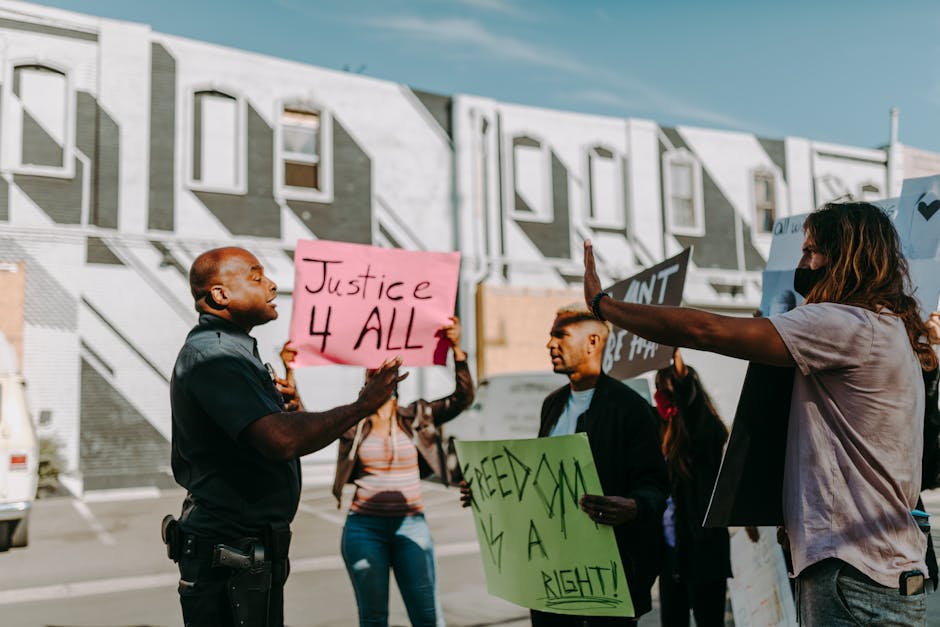Trump’s Executive Order to Ban State AI Laws: Key Details
Former President Donald Trump has drafted an executive order that could dramatically alter AI regulation in the U.S. The proposed order aims to block states from creating their own AI laws, arguing for a unified federal framework instead.
This move has ignited fierce debate among lawmakers, tech leaders, and advocacy groups, with some praising it as a way to streamline innovation and others warning it could undermine critical protections.
Key Provisions of the Executive Order
The draft, titled “Promoting Uniform AI Regulation Across the United States,” includes major policy shifts:
- Federal Override of State AI Laws – The order would nullify existing and future state AI regulations, preventing a patchwork of conflicting rules.
- New Federal AI Oversight Body – A Commerce Department task force would oversee AI development, balancing innovation with safety.
- Faster Approvals for AI Projects – Federal agencies would speed up AI-related approvals in defense, healthcare, and autonomous tech.
- Limits on Local AI Restrictions – Cities and counties could not enforce stricter AI rules than federal standards, affecting facial recognition bans and bias audits.
Why This Order Matters
Supporters say a single national framework prevents compliance chaos and keeps the U.S. competitive with China.
“AI is a national priority, not a state-by-state experiment,” a Trump advisor told NextMinuteNews. “Fragmented laws could stifle innovation.”
Critics argue states like California have led on AI accountability, passing laws against algorithmic discrimination.
“Federal control risks weaker safeguards,” said Amrita Sen of the Center for Digital Rights. “This silences states holding Big Tech accountable.”
Industry Reactions: Divided Opinions
- Tech Giants (e.g., OpenAI) privately back federal preemption for simpler compliance.
- Privacy Advocates & Startups fear it empowers corporations to weaken standards.
“The feds lag behind on tech regulation,” said Rajeev Menon, an AI ethics CEO. “States drive real protections—killing that is dangerous.”
Legal Challenges & Political Future
If enacted, lawsuits are likely. Experts question whether the federal government can fully override state AI laws, especially in privacy and civil rights.
The 2024 election will decide its fate:
– Trump victory could fast-track the order.
– Biden re-election would likely scrap it.
What’s Next for AI Regulation?
As AI grows in healthcare, transportation, and beyond, this battle between federal and state control will shape U.S. policy for years.
Follow NextMinuteNews for the latest updates.




